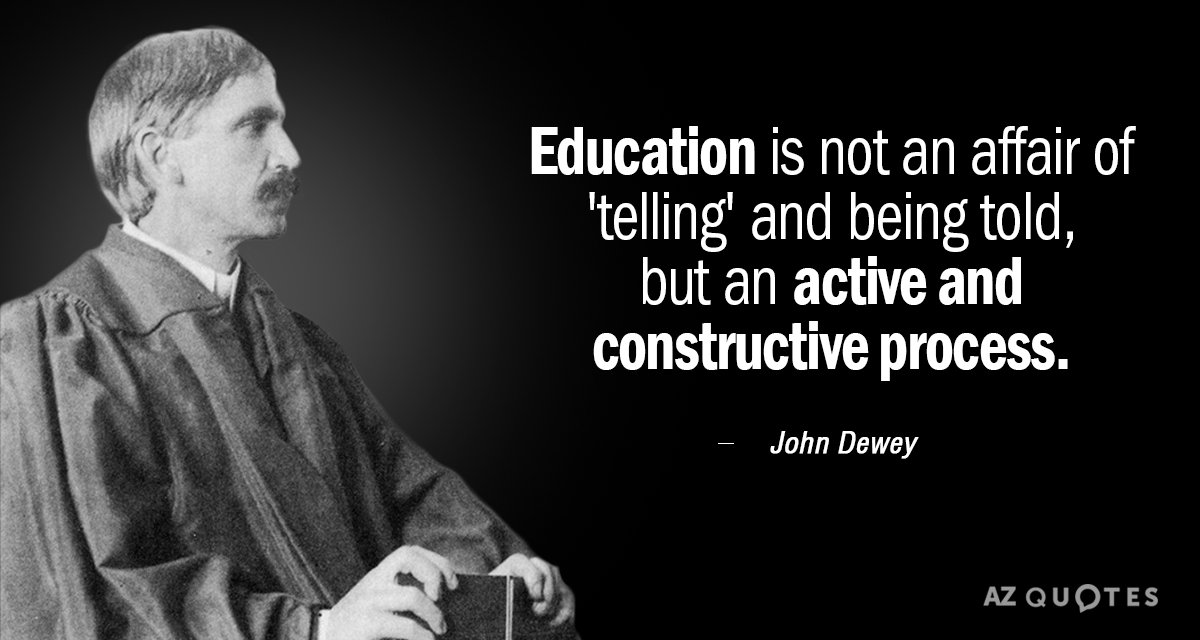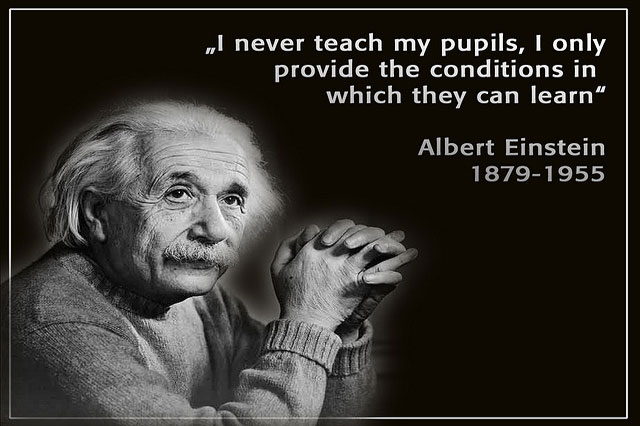
Allow me to introduce myself, as I interview…myself. My name is Michael Ponza. I am a 4th grade teacher in the great state of Pennsylvania. I have been teaching for close to 10 years now. While I wasn’t always a teacher, I have always been a learner. I will be asking myself the tough hard hitting questions, and providing some ground breaking unfiltered responses.
-
Based on your education and experiences, what is your view about learning and how it occurs?
As a child, when I learned it was two ways.
1. Because I forced to by a teacher or parent.
2. Because I didn’t realize what I was doing was learning
After teaching and learning for years, I’ve developed an idea of what I believe learning is. I believe learning is a life long venture. We never stop. What and when we learn is mostly up to our discretion. To me, learning occurs through interest, motivation, a problem, hard work, failure, persistence, looking at something multiple ways and perspectives, reimagining, collaboration, application, and with support and encouragement
-
If you are aware of any philosophies/theories of learning, which would you subscribe to?
I like to think of learning as constantly evolving and find myself to subscribe to different parts of many theories. The theory I most relate to is Progressivism, John Dewey’s philosophy. Even years ago, he saw the realm of education and learning as ever changing and welcomed the change. Dewey taught that people are social animals who learn well through active interplay with others and that our learning increases when we are engaged in activities that have meaning for us.

Other quotes from highly respected learners I also subscribe to:


-
What is the role of the learner and the teacher in a learning environment?
The role between the learner and teacher is ever changing and constantly evolving. As a youth, the line was clear and the teacher taught, the student listened and mimicked the teacher. I find the teacher to not be just a teacher, but a tool for the learner. The learner shares an equal responsibility on their learning. The teacher is there to provide encouragement, support, feedback, and guide the student along on their path. The learner is responsible for taking the material and applying, reasoning, justifying, collaborating, and innovating with said content. Together the teacher and learner work together to achieve understanding and create products.

-
How do you know if learning is occurring and what are visible indicators or signs of learning?
Growing up, my learning was strictly judged off of three things:
- My teachers say so
- Test grades
- Standardized Assessments.
I find value in these form of data collection, but rarely does it tell if learning is occurring. Are connections being made? Am I collaborating with others and sharing in discussion through shared inquiry and conversation? Am I creating an artifact or product that displays understanding? I find the best ways to tell if learning is occurring is though conversation, shared inquiry, experiments and trials, performance based tasks, and reflection.
-
What is the role of technology in learning?
To me the role of technology in learning is simple: it is a tool. Technology isn’t a magical device that instantly makes everyone smarter. (visit a comment board, or twitter and you will understand this instantly) However, it is extremely powerful. When I was younger, using technology as a learner was to type papers instead of handwriting them, do research on ebsco host, or simple math and science games. There was no collaboration. No innovation. Simply, consumption. In today’s learning environment, I lean heavily on technology in many aspects of my life. Whether I’m doing research on my favorite team to see what new free agent players they will bring in (New York Yankees), to reading recaps of hard to follow shows on Hulu (Stephen King’s Castle Rock), technology allows me to consume this information. I can then take this information and collaborate with fiends and internet strangers to share opinions, reflect and reason on solutions and more. While technology cannot replace all that a teacher or learner can do, it has the ability to enhance and assist. It gives the learner access to an endless possibility of resources. Couple that with its ability for learners to collaborate in a virtual niche of their shared interests and you get an idea of how truly powerful it is. Learners are not alone. Instead of studying or just simply reading through conent, It allows the learner to produce and consume material and content while they are learning through their collaborations and sharing with others. Technology gives learners the ability to discover, innovate, and share in a much larger reach than ever before

Leave a Reply